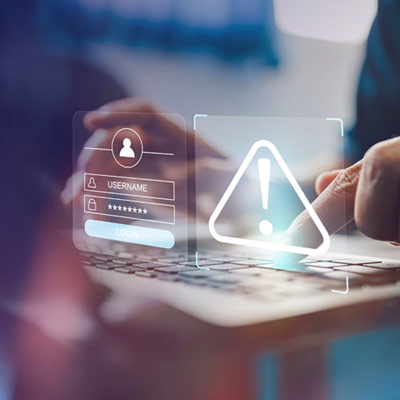Financial Wellness
From smart money moves to online banking security, we're all about safeguarding and supporting your financial health.

What can we help you find today?

Manage your finances wherever, whenever. Use our mobile banking app to check balances, pay bills and more.
Financial Wellness
From smart money moves to online banking security, we're all about safeguarding and supporting your financial health.
Tips to Stay Safe at the ATM
Debit Card Security Tips
Online Banking Security Tips
Passwords can be inconvenient, but they’re important if you want to keep your information safe. Protecting your personal information starts with STOP. THINK. CONNECT.™ Take security precautions, think about the consequences of your actions online and enjoy the internet with peace of mind. Here are some simple ways to secure your accounts through better password practices.

Manage your finances wherever, whenever. Use our mobile banking app to check balances, pay bills and more.

American consumers reported $10 billion in fraud losses to the FTC in 2023. Learn how to protect yourself.